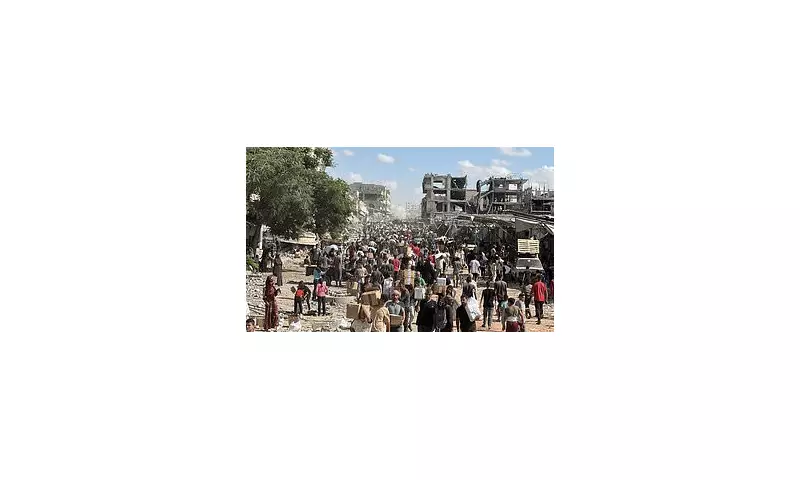
In a dramatic development that could reshape the ongoing conflict, Israel and Hamas are reportedly closing in on a potential agreement for the release of hostages held in Gaza since October 7th last year.
After months of stalled talks and escalating violence, diplomatic sources indicate that both sides have shown renewed flexibility during recent negotiations mediated by Qatar and Egypt. The breakthrough comes as families of the hostages intensify their public campaign for government action.
The Human Cost of Delayed Resolution
More than 120 individuals remain captive in Gaza, their plight becoming a central issue in Israeli domestic politics and international diplomacy. The prolonged captivity has sparked growing public protests across Israel, with demonstrators demanding immediate action from Prime Minister Benjamin Netanyahu's government.
'Time is running out for the hostages,' warned one family representative in Tel Aviv. 'Every day of delay increases the risk to their lives and wellbeing.'
Diplomatic Breakthrough After Months of Deadlock
According to insiders familiar with the negotiations, the proposed agreement involves multiple phases:
- Initial release of women, elderly, and sick hostages
- Implementation of temporary humanitarian ceasefire
- Gradual exchange of Palestinian prisoners held in Israeli jails
- Increased humanitarian aid access to Gaza
The negotiations have been described as 'extremely sensitive' and 'subject to last-minute complications' by diplomatic sources who spoke on condition of anonymity.
Regional and International Pressure Mounts
United States officials have been actively involved in behind-the-scenes efforts, with President Biden's administration pushing for a resolution before the situation escalates further. European and Arab nations have likewise increased pressure on both parties to reach an agreement.
The potential deal represents what could be the most significant diplomatic achievement in the conflict since the brief humanitarian pauses last November.
As negotiations continue through indirect channels, the international community watches closely, hoping that this fragile opportunity for progress won't be lost to renewed hostilities or political calculations.





